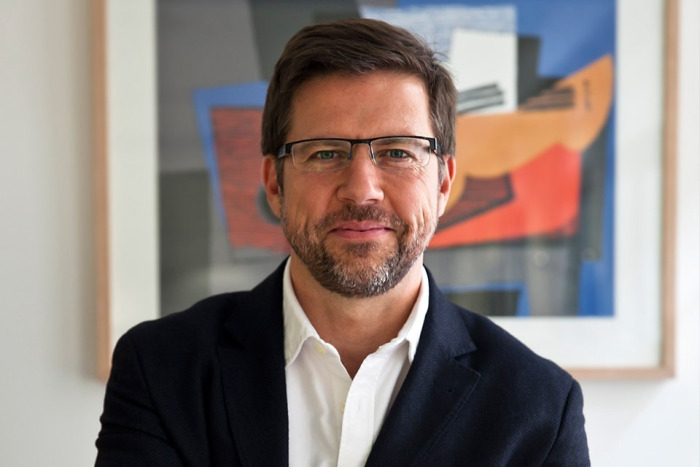
14 de Abril de 2025
Explora Artículos What’s the evidence for Evidence-based HR?
septiembre 14, 2017 9 min
The popularity and uptake of HR fads shows that HR as a profession has some way to go in its ability to critically evaluate the trustworthiness of evidence.


Whenever someone makes a claim about the positive effects of employee engagement on performance, retention and apparently everything, I can’t help but ask a simple question: What’s the evidence? Not once has anyone provided valid evidence. Even senior HR professionals come up with answers like “it’s obvious”, “you can just see it”, “I read a study once” (I happened to know the study and it isn’t actually relevant), “I heard a presentation about it”, “it was on a graph” or “there’s tonnes of evidence” (but were unable to say what any of it was). Personally, I find it shocking that any profession that wants to be taken seriously is so unconcerned and uninformed about the nature of the evidence base for what it does.
I find it shocking that any profession that wants to be taken seriously is so unconcerned and uninformed about the nature of the evidence base for what it does.
This, in a nutshell, is the problem that evidence-based practice aims to fix. All professionals use evidence. But evidence-based management is not about whether or not managers use evidence in your job but rather about how much relevant and trustworthy evidence is systematically and routinely gathered and used at work to analyse problems and make decisions. A crucial feature is distinguishing between poorer quality (e.g. anecdotes) and higher quality (e.g. a body of well-designed research) evidence.
We are all evidence-based a bit – but are we evidence-based enough? To answer this question we need to understand what evidence-based practice really means. A common definition of evidence-based practice is that it involves the conscientious, explicit and judicious use of different sources of information.
Evidence-based practice involves the conscientious, explicit and judicious use of different sources of information.
Conscientious means you really try and put effort and resources into doing it; explicit means you write down, record and discuss the information you’re working with rather than keeping it in your head as something you ‘just know’ or something you heard; judicious means you make critical judgements about the reliability of the evidence and, therefore, how much you should trust it and use it.
The definition of evidence-based practice above mentions different sources of evidence. There are four: professional experience, evidence from the organisation itself, evidence based on stakeholders’ values, and concerns and scientific or academic evidence.
The evidence gathered from each of these four sources may be highly relevant and trustworthy – or it may be irrelevant and completely untrustworthy – or any point in between.
This is where being judicious comes in. We should never just take evidence on trust even if it’s from a seasoned professional, an academic expert, a management guru, a well-established consultancy firm, or a leading management journal. Likewise we should not dismiss evidence if it contradicts or challenges our existing beliefs.
HR has a long way to go before it could describe itself accurately as strongly evidence-based. The systematic use of good quality organisational information is something HR is still getting to grips with through analytics. The popularity and uptake of HR fads shows that HR as a profession has some way to go in its ability to critically evaluate the trustworthiness of evidence.
While HR does make some use of some of these sources of evidence, most obviously professional experience and evidence from the organisation, it makes less use of others – in particular scientific findings. In my opinion, HR is evidence-based a bit, but not enough.
The simple logic of evidence-based practice is that using more, better quality, relevant evidence from more sources is more likely to result in more accurate problem identification and better decision-making outcomes. Put simply you’re much more likely to get the outcome you want by making better-informed choices. While there is currently little direct evidence that evidence-based practice works in HR, its logic is unassailable. There is also plenty of evidence that as decision makers, human beings have a range of biases and limitations that evidence-based practice can help overcome.
We know that, in principle, this approach helps professionals to be more effective in their jobs and develops the profession in question as a whole.
Originally published on HR Magazine
Image: James Baker under a Creative Commons license
__________
Rob Briner is professor of organisational psychology at the University of Bath’s School of Management and a founding member of the Center for Evidence-Based Management.
__________
¿Te ha gustado?
¿Ya eres usuario? Inicia sesión aquí